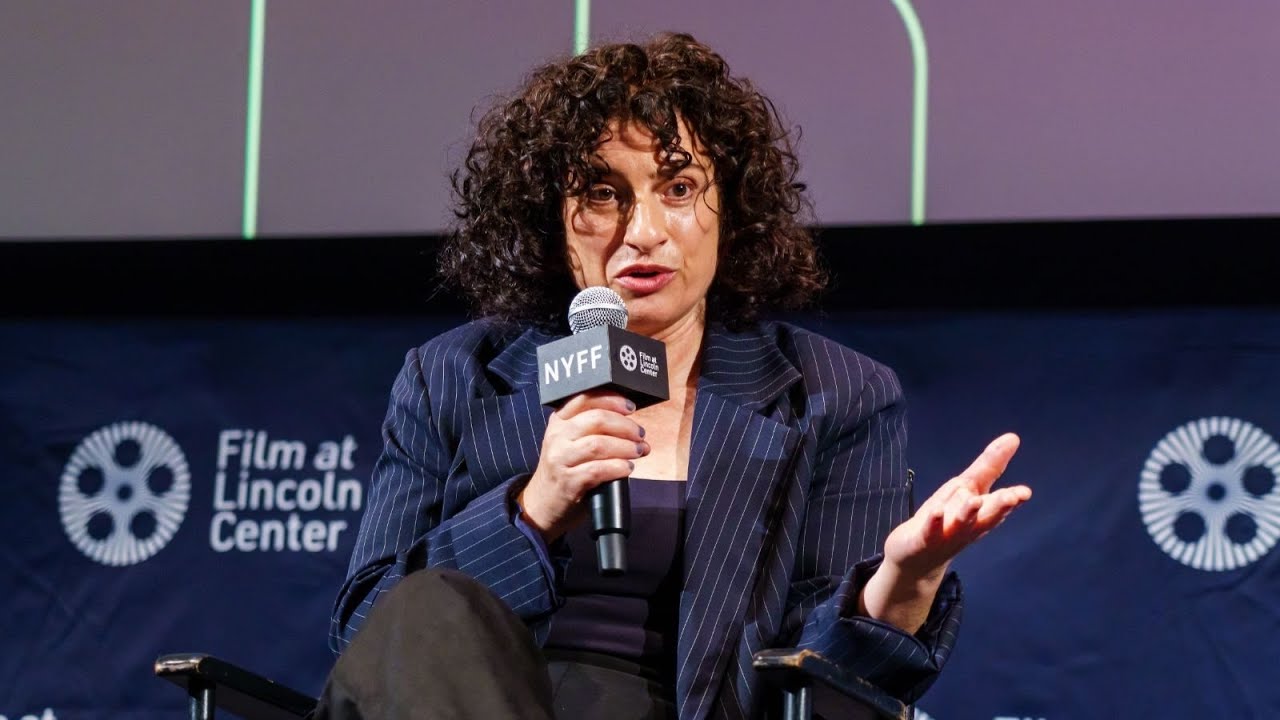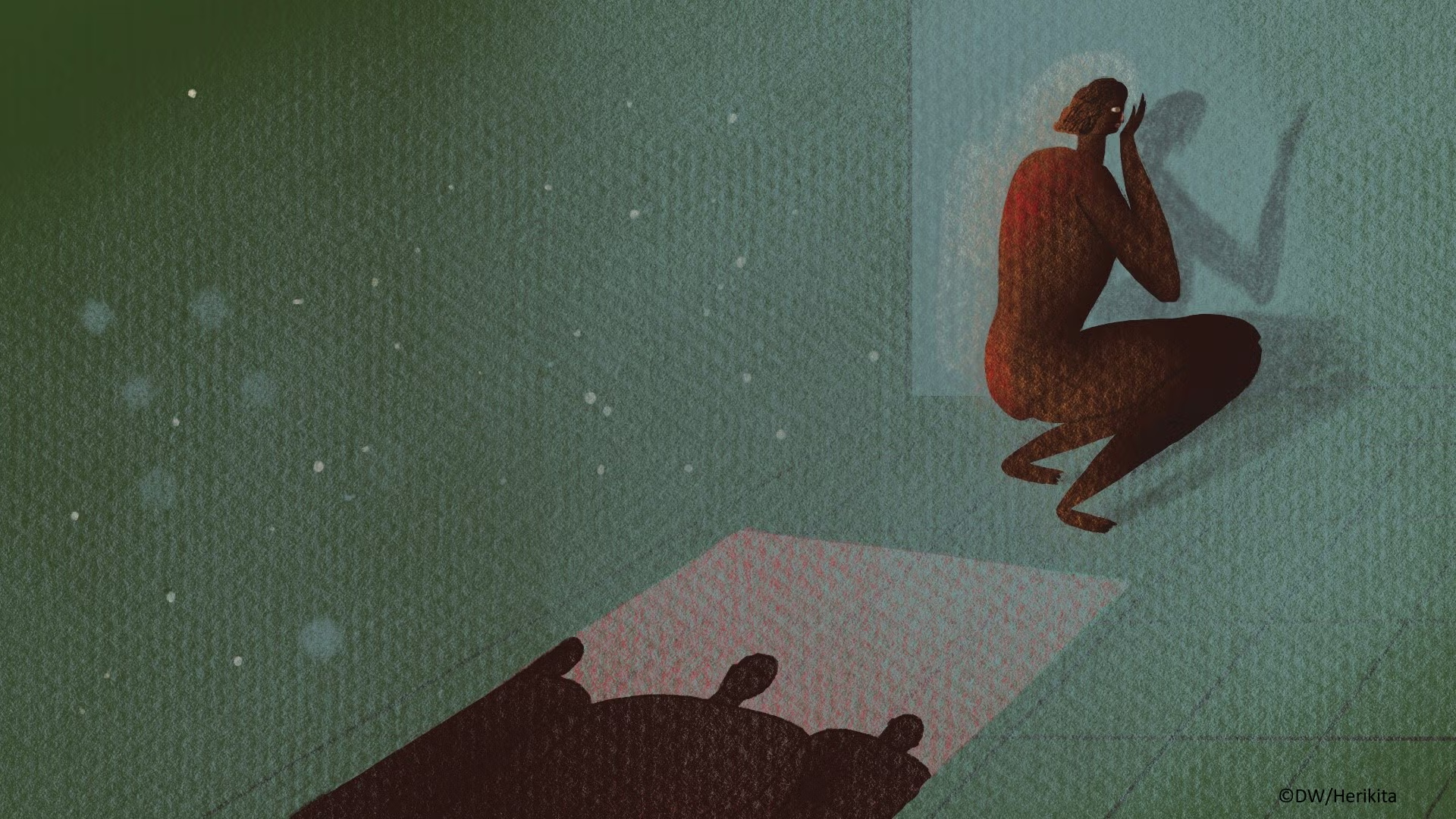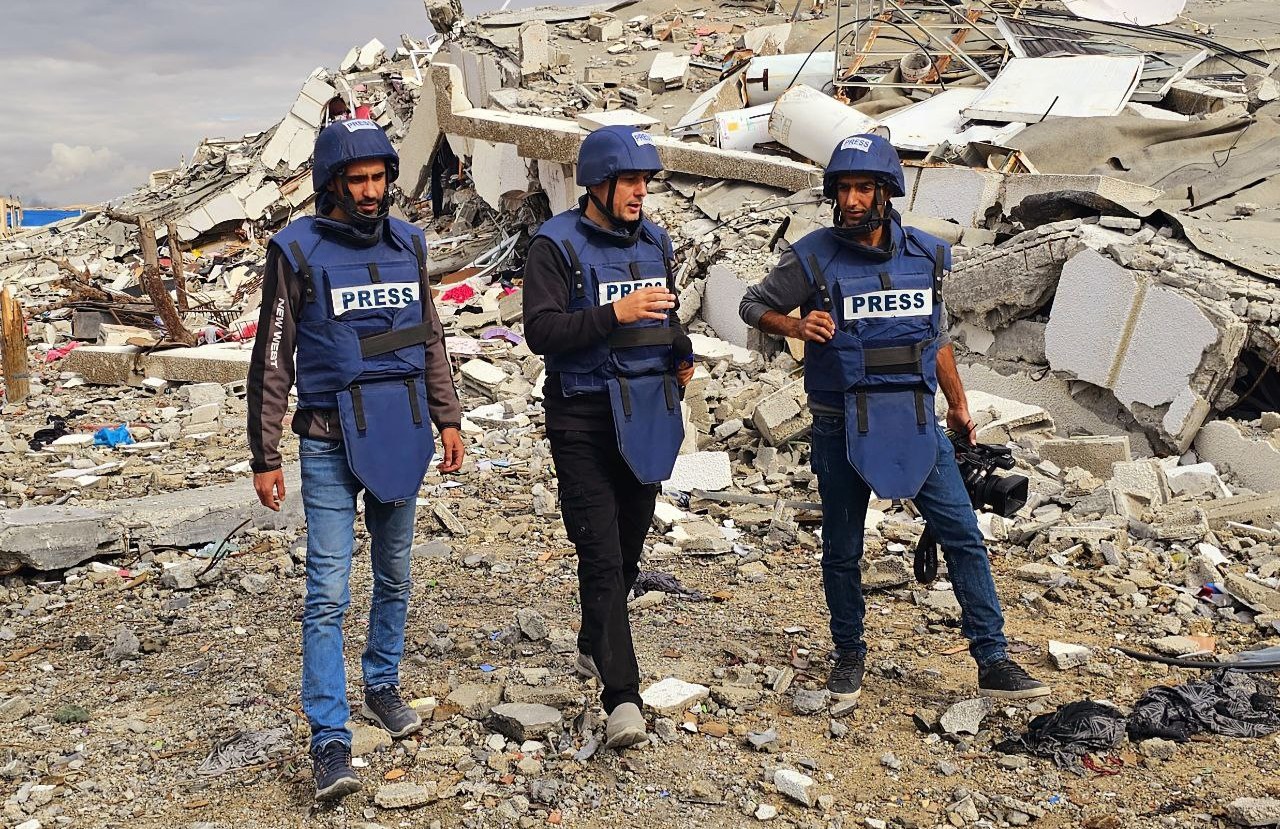
Julia Loktev’s Documentary My Undesirable Friends: Part I – Last Air in Moscow Chronicles Exile and Resistance
July 29, 2025
Exile Without Escape: How Online Abuse Silences Central America’s Women Journalists
August 1, 2025Reporters Without Borders (RSF) outlines clear international legal protections for journalists working in armed conflict, grounded in international humanitarian law and reinforced by United Nations resolutions. These protections are primarily established under Article 79 of Additional Protocol I to the Geneva Conventions (1977), which states that journalists on professional assignments in conflict zones must be treated as civilians. They are entitled to full civilian protection as long as they do not take part in hostilities.
Under Article 50, paragraph 1 of the Protocol, journalists are also included in the general category of civilians, meaning deliberate attacks against them are prohibited. Any harm caused to journalists in the course of hostilities must comply with the principle of distinction and proportionality, core tenets of the laws of war.
RSF’s legal reference further points to UN Security Council Resolution 2222 (2015), which calls on all parties in armed conflict to respect the rights and safety of journalists and other media professionals. The resolution urges states to prevent violence, ensure accountability, and end impunity for crimes committed against journalists. Additionally, UN General Assembly Resolutions 68/163 (2013) and 69/185 (2014) reaffirm the obligation to protect journalists and recognize the role of free, safe, and independent media in promoting peace and democracy.
Despite these strong legal frameworks, RSF emphasizes that the challenge lies in enforcement. While the laws are clear, violations remain widespread, and perpetrators often go unpunished. This gap between legal protection and practical safety is at the heart of global advocacy efforts.
RSF stresses that journalists must carry clear identification and, where possible, accreditation to reinforce their civilian status in conflict areas. It also calls for more robust monitoring, prosecution of violators, and integration of journalist protection into military operational planning.
Ultimately, the protection of journalists in war zones is not just a legal obligation but a moral and democratic imperative. Upholding these protections ensures that conflicts can be documented, abuses exposed, and the public kept informed, an essential safeguard for truth and accountability in times of war.
Reference –
https://ihl-databases.icrc.org/en/ihl-treaties/api-1977/article-79?utm
https://safety.rsf.org/appendix-i-protection-of-journalists-in-war-zones/
https://www.govinfo.gov/content/pkg/BILLS-113sres447rs/html/BILLS-113sres447rs.htm?utm

